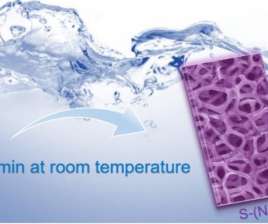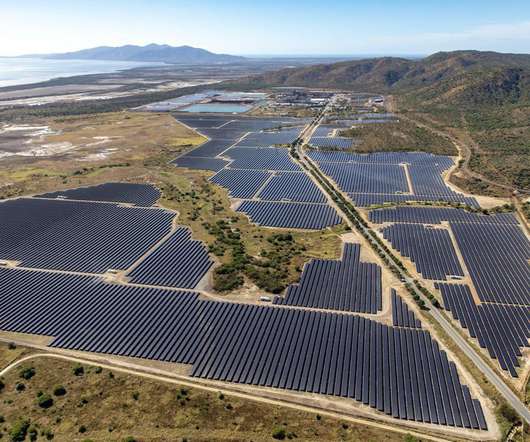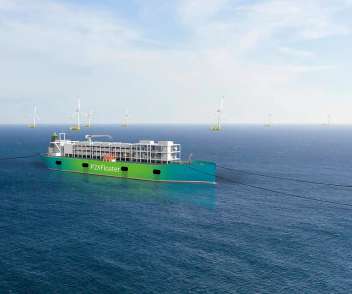UH team develops fast, cost-efficient method to grow OER catalyst for seawater splitting
Green Car Congress
JANUARY 29, 2021
Developing energy- and time-saving methods to synthesize active and stable oxygen evolving catalysts is of great significance to hydrogen production from water electrolysis, which however remains a grand challenge. That requires substantial amounts of energy and drives up the cost. —Yu et al.


























Let's personalize your content